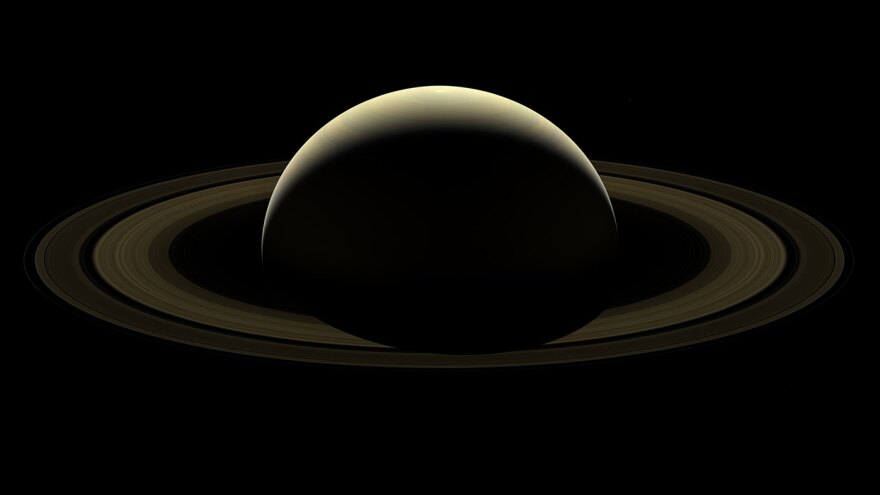This first full week of June includes a New Moon on Monday and some illustrious dates, if you’re a storyteller of the night sky!
This week two significant figures in the history of poetry and astronomy share an anniversary: the Irish poet William Butler Yeats, who was born on June 6th in 1880; and Italian astronomer Giovanni Cassini, who was also born on June 6th, but much earlier, in 1625.
Cassini is most well-known for discovering the four Moons of Saturn, and this only 15 years after the telescope was first used to look into the night sky. The Cassini space probe was named for him and was active in space for nearly 20 years. Once it achieved orbit about the Saturn, it sent back stunning images, even as it plummeted into the giant planet’s atmosphere and burned up at the close of the mission in 2017.
As for William Butler Yeats, though you may think he was a terrific poet, he also developed a deep study of the phases of the Moon relative to the human biography. His approach, which he published in the book A Vision, was much more esoteric than Cassini’s. Cassini was at the leading edge of using 17th century technology to know the stars, whereas Yeats sought to develop a renewed relationship beyond the technology, out of the idea that knowing the greater rhythms of the natural world, yields the opportunity for a greater understanding of the human being. By this means, Yeats believed human beings could stem the tide of discord, a great deal of which results from too much technology.
Watch for the crescent Moon this week, to celebrate these two innovators: It will be near Mars Wednesday evening, and then move into the region of Cancer stars on the birth anniversaries of Yeats and Cassini, Thursday, June 6.

